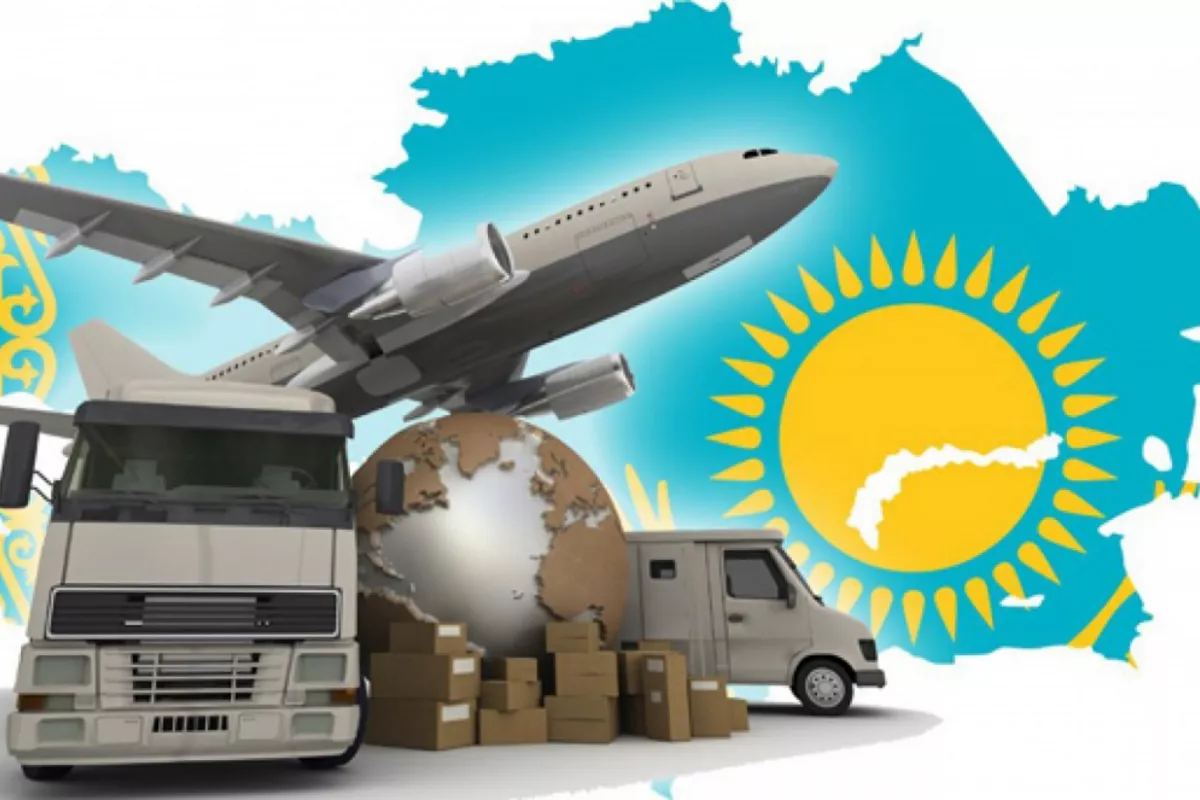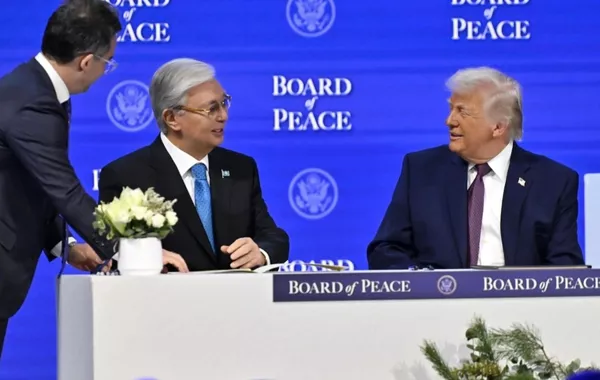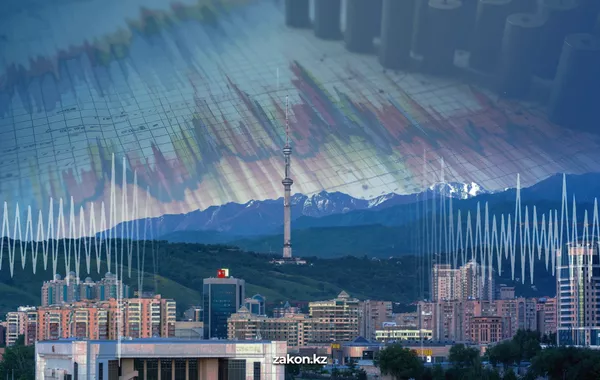
Kazakh political analyst Aigerim Zhampetova has stated that Kazakhstan is actively expanding its transport infrastructure along the North-South and East-West corridors, with particular emphasis on the development of the Trans-Caspian International Transport Route (TITR), as part of its growing role in fostering regional stability and connectivity.
She highlighted the country's strategic positioning amid increasing geopolitical volatility in neighboring regions such as the Middle East and Afghanistan, The Caspian Post reports via local media.
“Kazakhstan is not only acting as a mediator and investor, but also as a proactive promoter of dialogue among nations,” said Zhambetova. “The country’s approach, built on peaceful coexistence, transport connectivity, and economic integration, is evident in projects like the Torghundi-Herat railway, which will connect Central and South Asia while aiding in the reconstruction of Afghanistan’s fragile economy.”
Zhambetova also underscored Kazakhstan’s leadership in climate and energy security, pointing to its recent signing of the Charter of the ECO Clean Energy Center, headquartered in Baku. She noted this move opens new doors for cooperation on sustainable energy, the exchange of green technologies, and coordinated energy policy among ECO member states.
She went on to highlight the significance of the communiqué adopted at the 17th ECO Summit in Azerbaijan’s Khankendi, which, in her view, reflects a collective determination to boost mutual economic and humanitarian support and to strengthen the region’s resilience to external shocks and global crises, particularly those arising from conflicts in the Middle East.
“In this context, the Khankendi Summit was a strategic milestone in the evolution of a more robust regional cooperation architecture,” she stated.
Zhambetova concluded by stressing the vital roles that Kazakhstan and Azerbaijan continue playing within the ECO framework, noting their constructive and forward-looking engagement.
“Both countries are clearly committed to enhancing ECO’s institutional and infrastructure capacity, advancing a green agenda, and promoting inclusive development across Eurasia,” she said.
Share on social media


